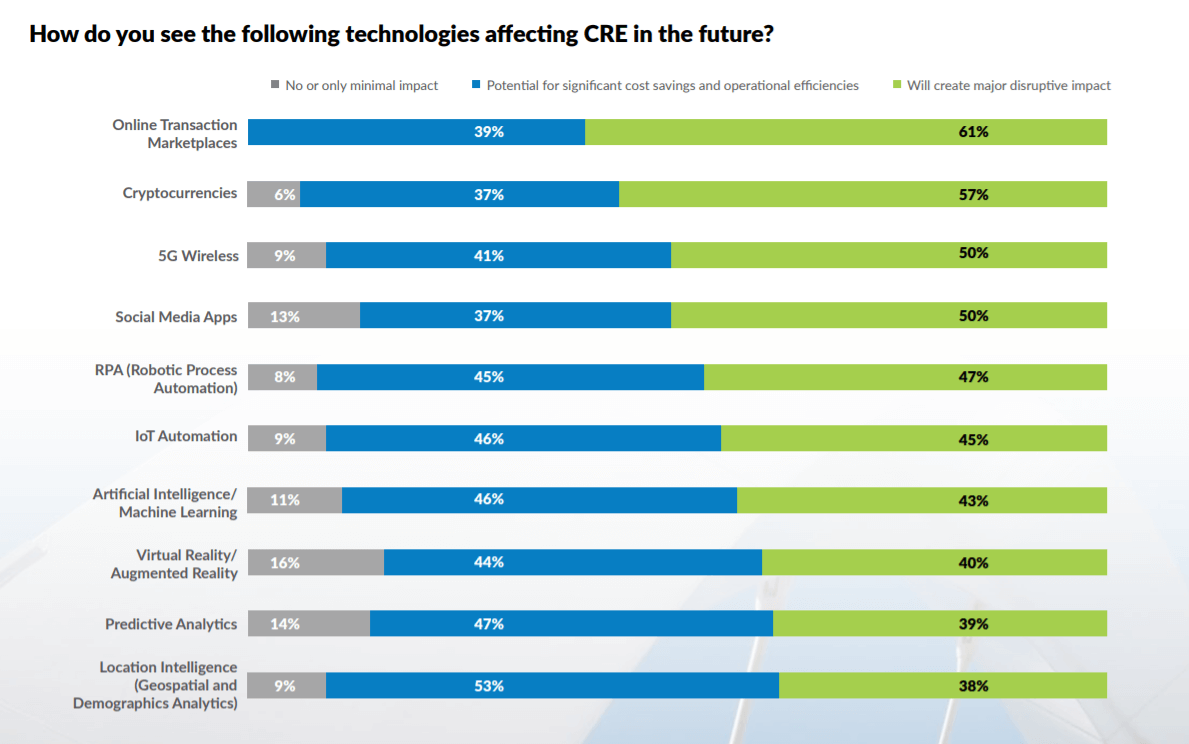Adopting AI in Real Estate
Artificial Intelligence
The simulation of human intelligence processes by machines, particularly computer systems, is known as artificial intelligence. Expert systems, natural language processing, speech recognition, and machine vision are examples of AI applications. Artificial Intelligence would possibly have a great impact on the business environment in the upcoming years. The real estate industry is among the top fields that have already started getting benefits from AI.

Why is the real estate market embracing artificial intelligence?
Globalization has brought so many changes in the world, one of them is technological adaptation. In businesses, Industries, and even in Education, artificial intelligence is widely used. It isn’t just like hopping on the trend, but it is really a call for change because if we don’t adapt to changes, we will be left behind.
AI in real estate started with the first AI-powered transaction in 2018. This transaction resulted in the $26 million purchase of two Philadelphia buildings. These property objects were chosen using the "soon to market detection" algorithm.
To determine whether the purchase had potential, the algorithm analyzed thousands of data points such as potential economic value, KPIs, property characteristics, the state of the local real estate market, the probability of natural disasters, and much more.
Artificial intelligence has now been dragged from the margins into the mainstream. According to Deloitte, AI spending will reach US$97.9 billion in 2023, an x2.5 increase over 2019. He also predicts that AI Technologies will soon become a standard and those businesses that have already embraced AI have a great advantage compared to those that haven’t.
According to the CRE Innovation Report 2020, nearly 49 percent of commercial real estate executives (CRE) believe that artificial intelligence has a high potential for significant cost savings and operational efficiencies, while 43 percent believe it has the potential to cause a major disruption.

Source: CRE Foundation Report, 2020
We can see in the above data that there is a massive shift to artificial intelligence technologies and AI in Real Estate. Why is this so? It is because of the following:
- raise the effectiveness of processes;
- add a new dimension to existing services and products; and
- gain a competitive edge.
All of these advantages boost revenue and overall company performance. AI adoption resulted in revenue increases for approximately 63 percent of businesses.
What processes can take the most out of Artificial Intelligence and AI in Real Estate?
Sales and Marketing
AI-enabled applications, machine-learning interfaces, and chatbots have already proven useful in a variety of industries. Using these technologies in real estate will aid in the optimization of sales and marketing strategies by:
- improving target audience identification;
- comprehending buyer preferences;
- identifying ideal clients;
- converting user interactions into useful marketing reports
- launching personalized advertisements and promotions
- establishing customer relationships based on trust;
- Chatbots are being used to cover more leads and much more.
Implementing AI for real estate lead qualification saves real estate agents hours of work on interactions with unconvertible prospects. One of the most popular Artificial Intelligence that is widely used by businesses nowadays is chatbots and virtual assistants. AI-powered chatbots have the potential to help businesses bring in more sales. They can answer questions, help search for property objects, solve various issues, and much more.

Source: Stream Creatives.com
Property searching and matching
AI-powered search technology can assist users in making the best decisions. AI property recommendation engines function in the same way that other product recommendation engines, such as Amazon Personalize, do. They assess a person's preferences and recommend the best options.
Trulia, for example, uses AI-powered personalization to improve the search experience. The system analyzes the user's preferences, uses computer vision to extract information from the user's photos, and makes recommendations.

To assist real estate agents in growing their businesses, they've developed a Likely-to-Sell recommendation algorithm that identifies people who are most likely to sell their homes this year.
Property evaluation
Assessment of real estate property and predicting its market value is more complicated than it seems. The price of a property may vary due to different factors whether internal or external and depreciate over time. A person may have difficulty handling this but an AI algorithm can definitely handle this and assess the property.
Predictive analytics in real estate is a big draw, along with the assessment. The importance of accurate forecasting is much greater in the real estate industry than in any other.
Artificial intelligence can anticipate the best time to buy or sell a property and "predict" price fluctuations. Businesses that use artificial intelligence to value real estate have a huge advantage over competitors.
HouseCanary is a real estate data science company that evaluates properties using real estate data science. Their AI-powered algorithm evaluates the property now and for the next 36 months. It considers information from the previous forty years and generates forecasts with a low error limit.
The AI house software from HouseCanary also includes a Home Price Index (HPI) to track changes in property prices over time. Each month, they use AI to recalculate HPI models based on a comprehensive national dataset.

Example of how HouseCanary develops HPI
Property management tasks
Managing a rented property is not easy. It requires a lot of time and effort to make and prepare documents, agreements, and other paperwork for the formalities involved in the process.
AI has numerous application possibilities in property management. Artificial intelligence, for example, can be used to:
- enhance document workflow
- improve communication among tenants, landlords, and property managers
- take care of finances
- improve the property maintenance process
Process of mortgage loans
A mortgage loan is held by approximately 63 percent of Americans and one in every four European families. Mortgage loans are a significant part of the real estate industry, and we cannot ignore them. AI adoption in mortgage lending is still in its early stages, but it is gaining traction.
The entire mortgage lending process is time-consuming for both parties and leaves no room for error. AI has the potential to solve these major issues while also significantly streamlining and securing the loan process.
Income falsification and identity theft are two of the most common mortgage fraud scams. According to the Mortgage Fraud Report, one out of every 123 mortgage applications has fraud indicators. A complex AI-powered analysis raises the possibility of detecting fraud in the early stages of the application process.
Above all the given information, the bottom line is here never be afraid of change. The adoption of Artificial Intelligence is taking a leap into a newer technology and modernized society. This is a way of improving our Businesses, gaining more learning and profits and so many more opportunities.
What do the market guru say?
David Leechiu, Co-Founder and Chief Executive Officer of Leechiu Property Consultants shares his views over adopting artificial intelligence in real estate. He is also familiarizing the ever steadfast real estate industry with Artificial Intelligence through his last venture. Listen to his podcast here!
Benny Liu, Chief Executive Officer of HKDecoman, discusses the current market opportunity to build better infrastructure to accommodate rising demand for home renovations, as well as how he is incorporating AI, big data, and blockchain into the home renovation industry. Read more in his article - Leveraging AI Big Data and Blockchain to build your dream home
- #blockchain technology and real estate
- #real estate AI
- #artificial intelligence





